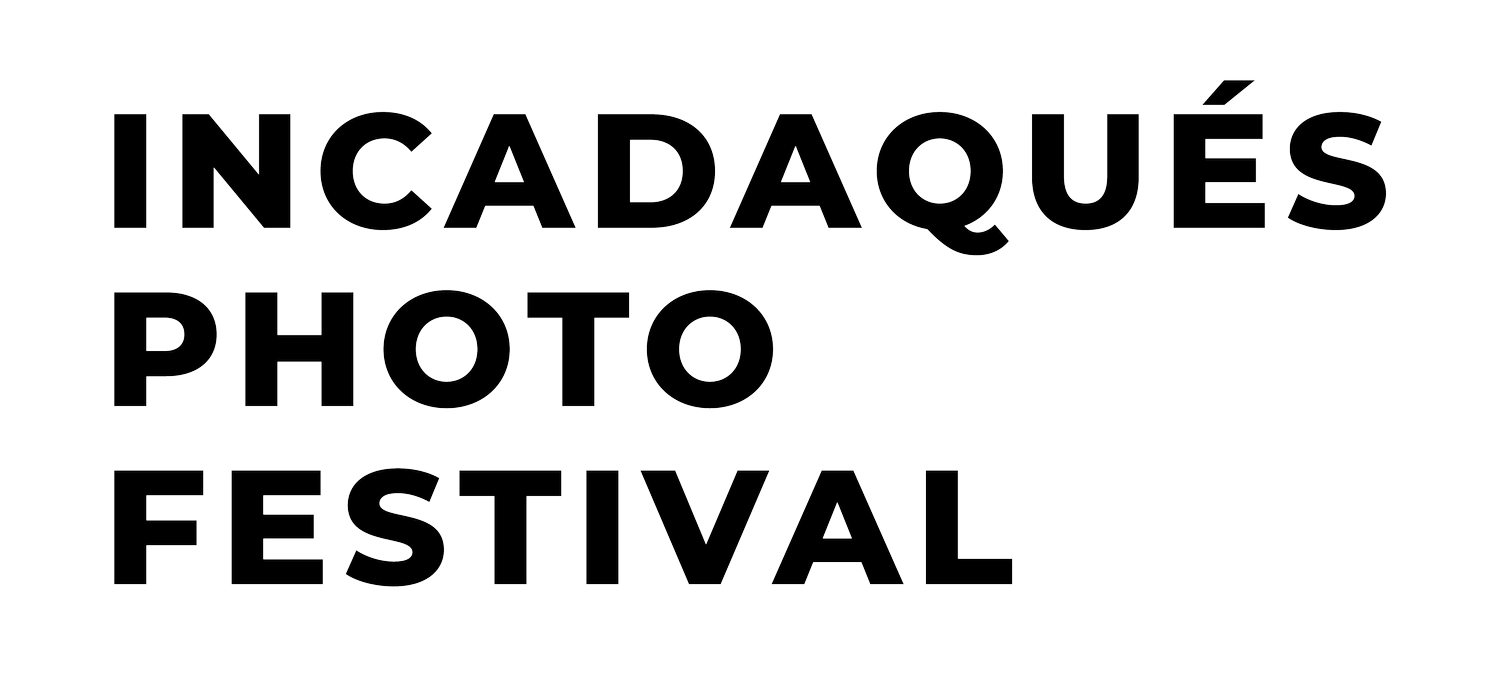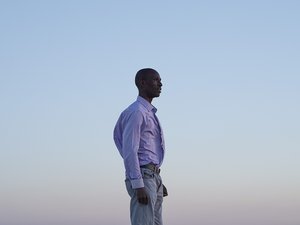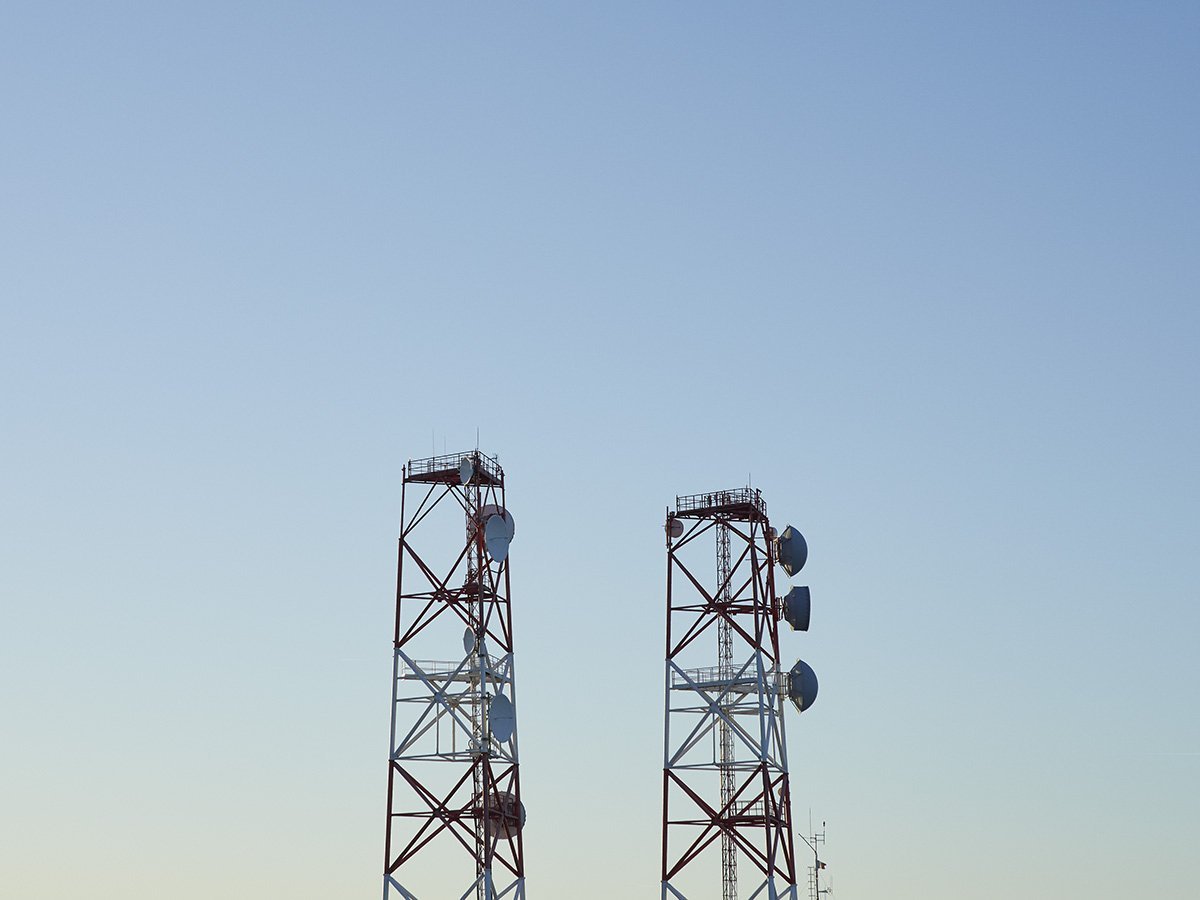Aglaé Bory
FRANCE
After studying Art History at the University of Aix-en-Provence and photography at the National School of Photography in Arles, Aglaé Bory lives and works in Paris. She is part of a new generation of photographers who place people at the heart of their photographic work. She has shaken off the codes of humanist photography and developed an aesthetic that draw on a documentary approach. Her work has been presented at several festivals in France and abroad (Festival Circulation (s), Photofolies, Bourse du Talent, Voies Off, Bibliothèque Nationale de France, Les Nuits Photographiques de Pierrevert, etc.). Her previous documentary project Figures mobiles exhibited in 2020 at the Photaumnales festival. This work has entered the collections of the National Fund for Contemporary Art. In June 2020, she won the Caritas Prize for social photography with the series Odyssées, presented here in Cadaqués.
• SERIES •
Odyssées
Odyssey is a photographic work on exile made in the city of Le Havre. Homer's Odyssey tells the story of a never-ending comeback. The return of Ulysses to Ithaca after twenty long years of absence. This work is an echo of this original travelogue. Aglaé Bory followed several people in exile, asylum seekers or refugees, most often awaiting status. The wait is often long and painful. It isolates them from reality and encloses them in a mental space in suspense. Through this succession of portraits and landscapes, the photographer wanted to create a correspondence between their interiority and the landscapes in which these people evolve in order to make this feeling of exile perceptible. She photographed them in their places of life, in their daily territory although it was precarious and temporary. Their eyes are lost through the windows. They are in the dark. They often rely on the sky, the azure of which seems to ignore them.
The sea is the refuge of their interiority, their hopes and their promises. It is the physical reality of the distance traveled - often they have crossed it to get here - and the distance. All suffer from uprooting and worry about their future. When they have acquired refugee status, it is an obligation to break away from their country of origin; return there is impossible. When this status is refused to them, the return becomes an obligation, they must leave French territory. This return then becomes the symbol of their failure when it does not constitute a danger to their life. The return is thus both dreamed of and feared.
These are stories of impossible or unthinkable returns, endless waits after grueling and dangerous migratory journeys, hopes for better lives, far from wars and persecution. But what will become of Mohammed, Ibrahim, Goar, Abdel- razik, Hiba? The latter are all awaiting their summons to the National Court of Asylum after a refusal by Ofpra to their asylum application. Our country, like the whole of Europe, is going through a serious crisis in the reception of migrants and is retreating behind its borders. The endless wait for these exiles is only the expression of our society's reluctance to truly welcome them.
This work was carried out in 2018 as part of a photographic residency in the city of Du Havre produced by the Le Goût des Autres festival. A photographic film was screened during the festival in 2019, with a musical creation by the group Magnetic Ensemble.





